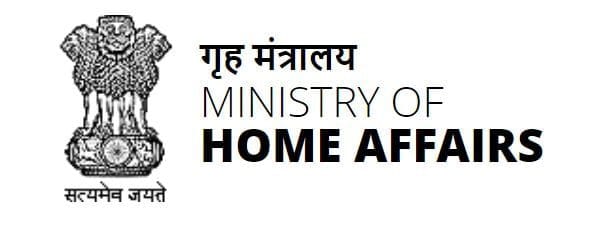Equal Justice, Behind Bars: India’s Stand for LGBTQ+ Prisoners
In a landmark move, the Indian government has issued a directive to state and union territory authorities demanding the equitable treatment of LGBTQ+ (lesbian, gay, bisexual, transgender, queer) individuals within the confines of the prison system. This directive underscores the government’s commitment to upholding the rights and dignity of all individuals, regardless of their sexual orientation or gender identity.
A Call for Humane Treatment and Non-Discrimination
The Ministry of Home Affairs (MHA) has acknowledged the pervasive discrimination and violence faced by LGBTQ+ individuals in society, often extending to the prison environment. Citing the Model Prison Manual, 2016, the MHA has reiterated the right of every prisoner to receive visitors of their choice without prejudice. This includes the right for queer inmates to meet with individuals who share their gender identity or sexual orientation, free from judgment or harassment.
Upholding Visitation Rights: A Key Tenet of Justice
The MHA’s directive emphasizes the importance of upholding prison visitation rights, a fundamental aspect of maintaining human connection and well-being for incarcerated individuals. The ability to communicate with loved ones, friends, and legal advisors is crucial for maintaining mental health, preparing legal appeals, and managing personal affairs. Denying or restricting this right based on sexual orientation or gender identity constitutes a grave injustice and a violation of basic human rights.
Sensitization and Accountability: A Path Forward
The MHA has called upon prison authorities to sensitize their staff at all levels, ensuring that all prisoners are treated with fairness and dignity. This includes fostering an environment where LGBTQ+ individuals are not subjected to discrimination, harassment, or violence. The directive also underscores the need for accountability mechanisms to address any violations of these rights, promoting a more just and inclusive prison system.
Key Takeaways:
| Aspect | Details |
|---|---|
| Directive | Equal treatment and non-discrimination for LGBTQ+ prisoners |
| Rights Affirmed | Visitation rights, access to goods and services, freedom from discrimination and violence |
| Basis for Directive | Model Prison Manual, 2016 |
| Implementation | Sensitization of prison staff, accountability mechanisms |
| Impact | Fostering a more just and inclusive prison environment for all |
Soumya Smruti Sahoo is a seasoned journalist with extensive experience in both international and Indian news writing. With a sharp analytical mind and a dedication to uncovering the truth, Soumya has built a reputation for delivering in-depth, well-researched articles that provide readers with a clear understanding of complex global and domestic issues. Her work reflects a deep commitment to journalistic integrity, making her a trusted source for accurate and insightful news coverage.



